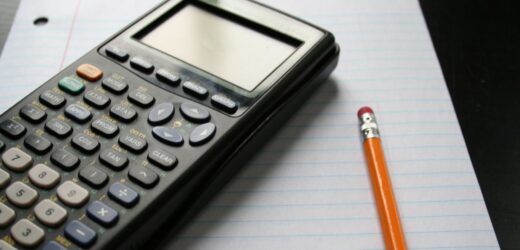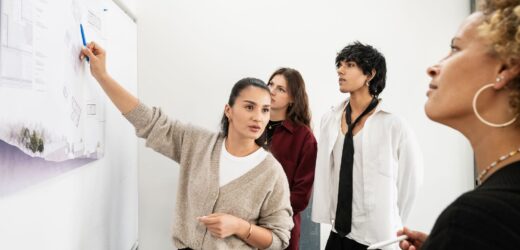Imagine this scenario: students taking physics—one group with a faculty member who lectures effectively, the other with one who uses active learning extensively. In both cases what students learn is tested after the class session along with their reports of how much they think they’ve learned. As previous research has predicted, the students in the active learning session learned more, having scored better on the after-class test. But did they know they learned more in the active learning session than in the lecture?
Related Articles
I have two loves: teaching and learning. Although I love them for different reasons, I’ve been passionate about...
I’m a statistical curmudgeon. When I teach statistics, I allow students to use only handheld calculators. I neither...
One of the most powerful uses of AI in education is providing personalized tutoring to students anytime and...
When I talk with my students about navigating difficult conversations, I don’t begin with a slide deck or...
Imagine that all AI applications are surrounded by a high, impenetrable fence. At the gate stands a calm...
Most people think of AI only in terms of answering questions or creating works such as images and...









One Response
Thanks for this article and the reference of the research. I totally agree that “It is of paramount importance that students appreciate, early in the semester, the benefits of struggling with the material during active learning.” However, informed by the wrong assumptions of learning is easy, students usually try to avoid struggling with the materials if they can help it.